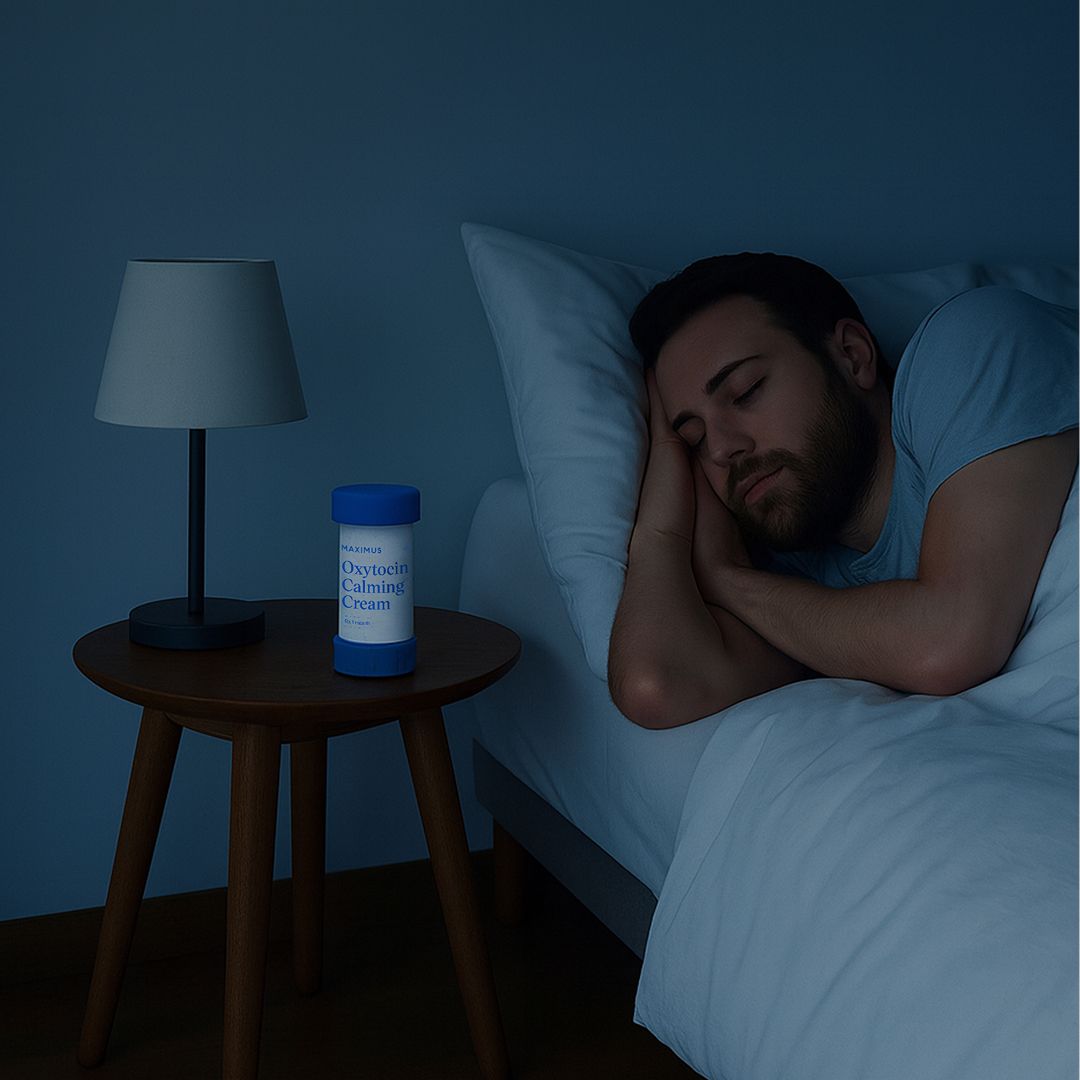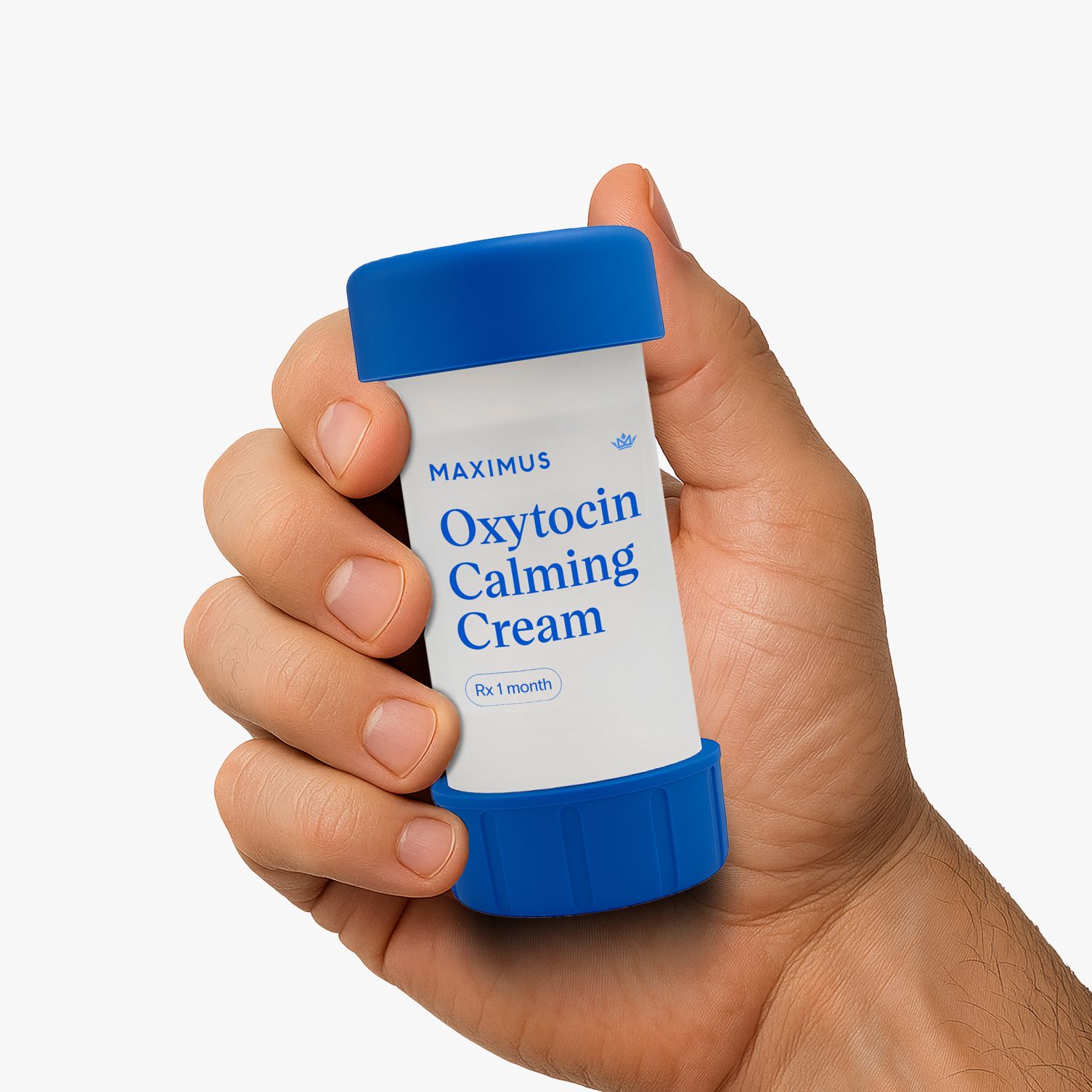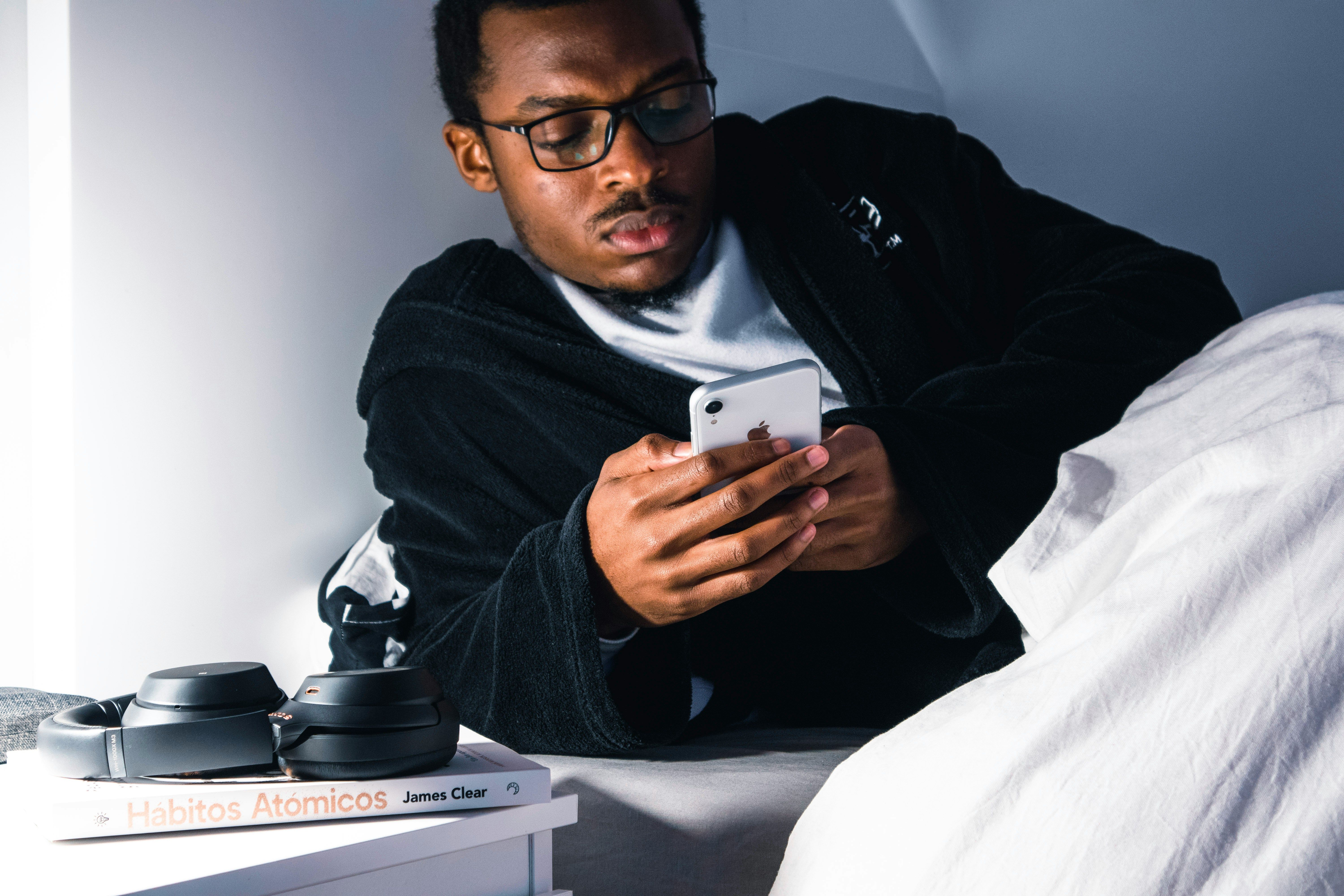Humans are strange creatures sometimes. Did you know we’re the only mammals that willingly put off sleep? Some of us do it because it’s the only time we have to ourselves. Binging Netflix or scrolling through social media might feel gratifying after a busy day, even when we know it’ll keep us up way too late and make for a dreadful morning wake up the next day.
Sleep experts at the Cleveland Clinic say that staying up too late to capture a little “me time” is so common that there’s a name for it: revenge bedtime procrastination. It’s where you take “revenge” on the day for stealing your time. That mindless social media indulgence may feel good at the moment, but over time, the choice to stay up can eventually morph into a full-blown inability to fall asleep. Meaning, you’re no longer choosing not to sleep, you actually have insomnia. Which is kind of a big problem right?
When trying to live healthier, people often lean into diet and exercise, but getting a solid night of sleep is equally important in the quest for good health. When you don’t get enough sleep, you’re at higher risk for heart disease, stroke, obesity, and other health conditions, and your mood and brain performance can be impacted too. So if your daily habits are getting in the way of a good night of rest, that’s something you want to get on top of.
Revenge bedtime procrastination is just one of many habits that could be ruining your sleep. Here are a few others you may want to nix, along with some tips from Dr. Cam on how to fine-tune your day for a more restful night.
Sleep problem #1: Too much screen time
Your body’s circadian rhythm, or internal clock, is super sensitive to light and closely attuned with day and night. When the sun sets and your eyes receive less light, your circadian rhythm signals your brain to produce more melatonin, which is a hormone that makes you feel sleepy. When the sun rises again the next day, melatonin production is suppressed, leaving you feeling more alert and awake.
But when you’re exposed to artificial light at night, this cycle can be thrown off — especially if the light is from a screen. Experts at Harvard say that blue light is even more stimulating than other forms of light, suppressing melatonin for longer and even capable of shifting circadian rhythms.
Excessive screen use can also replace the time you spend on other activities that support sleep, like exercise during the day or doing something calm and relaxing that helps you wind down at night. Meanwhile, doom scrolling can exacerbate mental health issues that may further interfere with sleep, like stress, anxiety, and depression.
Sleep problem #2: Your daily nightcap
You may find it easier to fall asleep with a buzz. But research shows drinking too close to bedtime can reduce your sleep quality and contribute to problems like fragmented sleep and insomnia.
Alcohol is a sedative, so it might relax you enough to fall asleep, but the sedating effects diminish as your body metabolizes the alcohol during the night. On top of that, the effects of the alcohol keep you in lighter stages of sleep and prevent you from moving into the deeper stages, including rapid eye movement (REM) sleep, which your body needs to feel rested. Definitely not a win in terms of setting you up to perform at your best each day.
Sleep problem #3: Skipping your workout
Having a solid exercise routine has tons of benefits, including helping you sleep better. Studies show physical activity can help you fall asleep more quickly and get better quality sleep, as long as you don’t do anything too strenuous before bedtime.
In one study, people who exercised for 30 minutes a day or more slept 15 minutes longer than people who didn’t exercise. And people who exercise may also be at lower risk for developing sleep disorders like sleep apnea, daytime sleepiness, and insomnia.
Some research shows that physical activity may be as powerful as prescription sleep medication in helping you sleep. This could be because it helps combat stress and anxiety that keep you up and burns off excess energy.
Sleep problem #4: Eating too late
You already know your body’s circadian rhythm is closely related to light exposure, but did you know your meal times are involved, too? Eating right before bedtime has been long associated with poor sleep. Studies show that nighttime eating can increase the amount of time it takes to fall asleep and decrease the length and quality of your sleep.
But how late is too late? The research is varied, but it may be best to eat your last meal at least three hours before bed. One preliminary study in 2020 found that when subjects ate within three hours of bedtime, they were around 40% more likely to wake up in the middle of the night.
Dr. Cam’s Health Hack:
Now that you know what wrecks a good night of sleep, what improves it? Take this advice from Dr. Cam:
”My latest SLEEP STACK:
- Walked throughout the day (8,000+ steps)
- Lifted weights (full-body)
- Ate home cooked food
- Stopped eating after dinner
- Talked with my loved ones
- Siesta/hypnosis to come home rested
- Dopamine fasted (no phone) 1 hr before bed
- Peace in my heart”
A few important takeaways:
- Good sleep is a key component in staying healthy.
- For better sleep quality, consider limiting screen time, drinking alcohol before bed, and eating too late, and try to regularly squeeze in some exercise.
- Mindless social media scrolling at night, AKA revenge bedtime procrastination, can morph into an inability to fall asleep at night, which isn’t ideal.
Disclaimer: The contents of this article, including, but not limited to, text, graphics, images, and other information, is for information purposes only and does not constitute medical advice. The information contained herein is not a substitute for and should never be relied upon for professional medical advice. The content is not meant to be complete or exhaustive or to be applicable to any specific individual's medical condition. You should consult a licensed healthcare professional before starting any health protocol and seek the advice of your physician or other medical professional if you have questions or concerns about a medical condition. Always talk to your doctor about the risks and benefits of any treatment. Never disregard or delay seeking professional medical advice or treatment because of something you have read on this site. Maximus does not recommend, endorse, or make any representation about the efficacy, appropriateness, or suitability of any specific test, products, procedures, treatments, services, opinions, healthcare providers or other information contained herein. Maximus is not responsible for, nor will they bear any liability for, the content provided herein or any actions or outcomes resulting from or related to its use.





